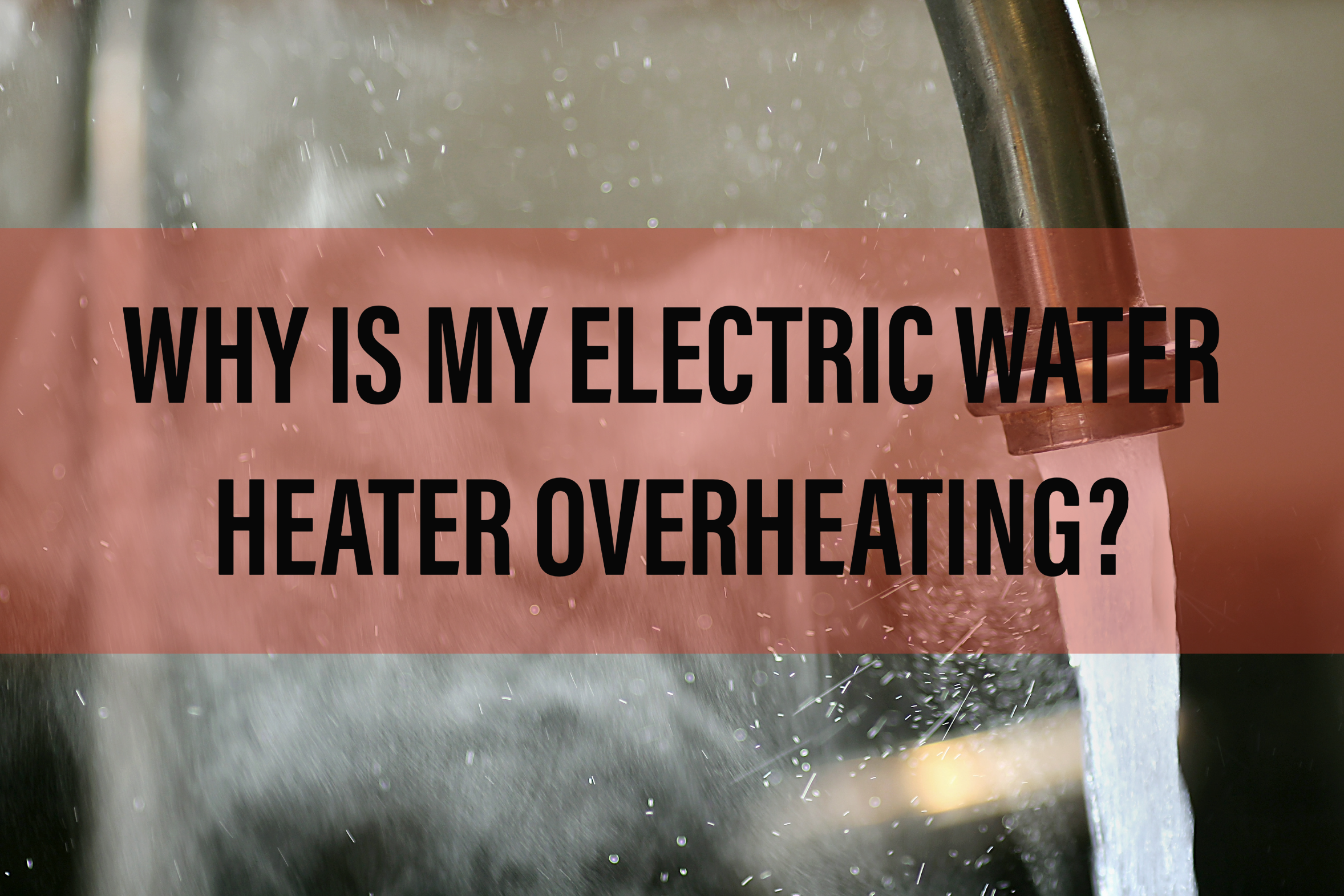One of the most common issues with electric water heaters is that they tend to get too hot. And well, that means you end up with scalding hot water coming out of your sinks and showers! On top of that, prolonged overheating can damage your water heater. So, if you find yourself in this situation, you might be wondering what caused the overheating and what you should do. The good news is that your pals at Lancaster Plumbing & Drain have got you covered!
We’ve put together the three most common reasons why your electric water heater might be overheating:
1. The Troublesome Thermostat
The thermostat in your electric water heater plays a crucial role in maintaining the water temperature inside the tank. It’s essentially the control center that determines when to activate the heating element to keep your water at the desired temperature. However, problems with the thermostat can lead to overheating. Here’s how:
- Settings Are Too High: If the thermostat is set too high, it will continuously heat the water to that elevated temperature, even if it’s unnecessary. This not only wastes energy but can result in dangerously hot water.
- Malfunctioning Thermostat: A malfunctioning thermostat may not accurately measure the water temperature or fail to control the heating element properly. This can cause the heating element to stay on longer than needed, leading to overheating.
To check if the thermostat is the culprit, start by ensuring it’s set to an appropriate temperature. If the issue persists, it’s advisable to call a professional to inspect and potentially replace the thermostat.
2. The Faulty Heating Element
The heating element is the component responsible for heating the water inside your electric water heater. Like any mechanical part, it can wear out over time. When it does, it can become inefficient, causing overheating issues like:
- Stuck in the “On” Position: A faulty heating element might get stuck in the “on” position, continuously heating the water, even when it’s already at the set temperature. This constant heating can lead to overheating.
- Reduced Efficiency: As a heating element deteriorates, it loses its ability to heat water efficiently. To compensate for this, it may remain active for longer periods, again resulting in overheating.
If you suspect a malfunctioning heating element, it’s best to seek professional assistance. A licensed plumber can diagnose the issue and replace the element if necessary.
3. The Buildup of Sediment
Over time, sediment, primarily consisting of minerals and debris from your water supply, can accumulate at the bottom of your water heater tank. (This is why regular maintenance is so important!) This sediment buildup can insulate the heating elements, trapping heat and causing overheating because of:
- Insulation Effect: Built-up sediment acts as an insulator, creating a barrier between the heating element and the water. As a result, the heating element struggles to transfer heat effectively, leading to overheating.
- Reduced Efficiency: To overcome the insulating effect of sediment, the heating element works harder and longer, consuming more energy and causing overheating.
To address sediment buildup, it’s crucial to periodically flush your water heater tank. This involves draining the tank to remove the accumulated sediment. Given the involvement of both water and electricity, it’s recommended to have a licensed plumber perform this task for safety reasons.
In conclusion, an overheating electric water heater is a problem that needs prompt attention to prevent scalding, damage to your unit, and increased energy costs. By understanding these common causes of overheating and taking appropriate measures, you can ensure your electric water heater operates safely and efficiently, providing you with a steady supply of comfortably warm water. So, if you’re experiencing overheating issues beyond your ability to address, don’t hesitate to reach out to us!
Call Lancaster Plumbing & Drain today (740) 796-8998, or schedule an appointment online now by clicking here!


